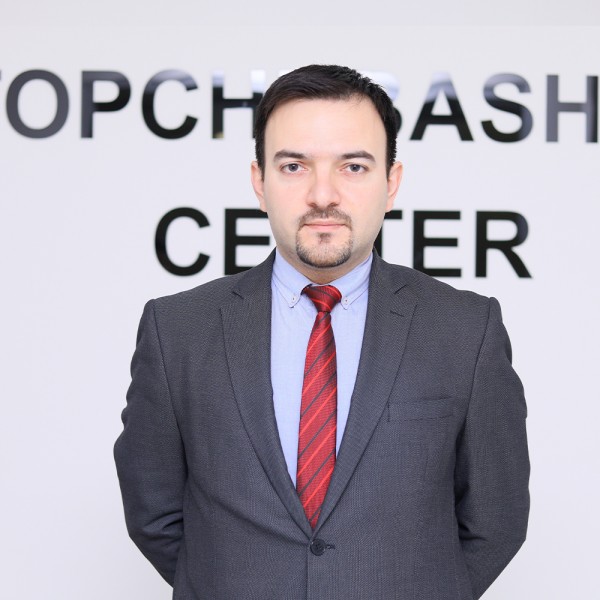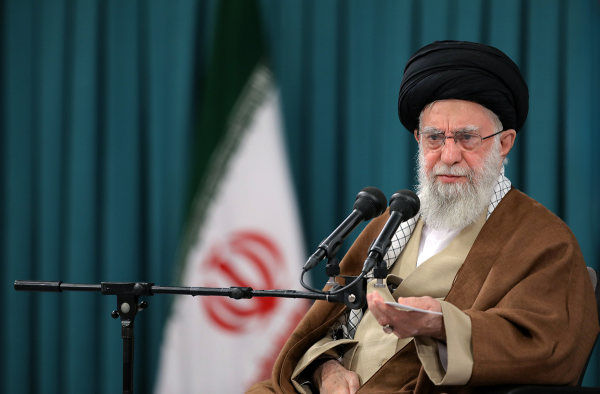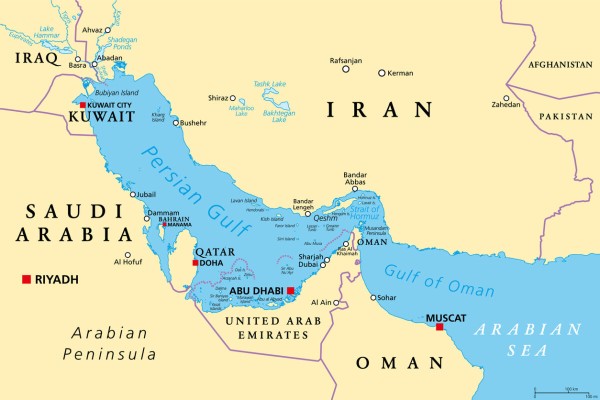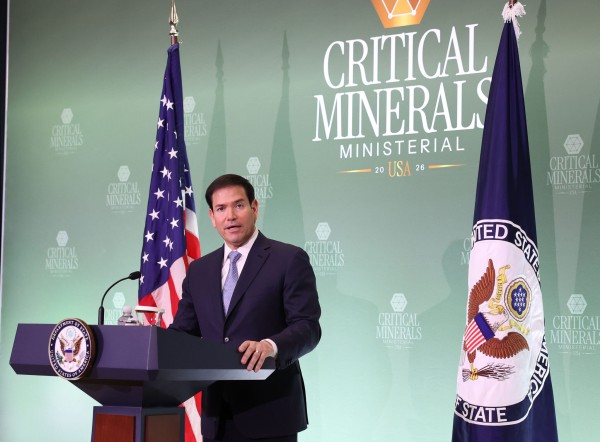Azerbaijan-Bulgaria relations: history and current dynamics
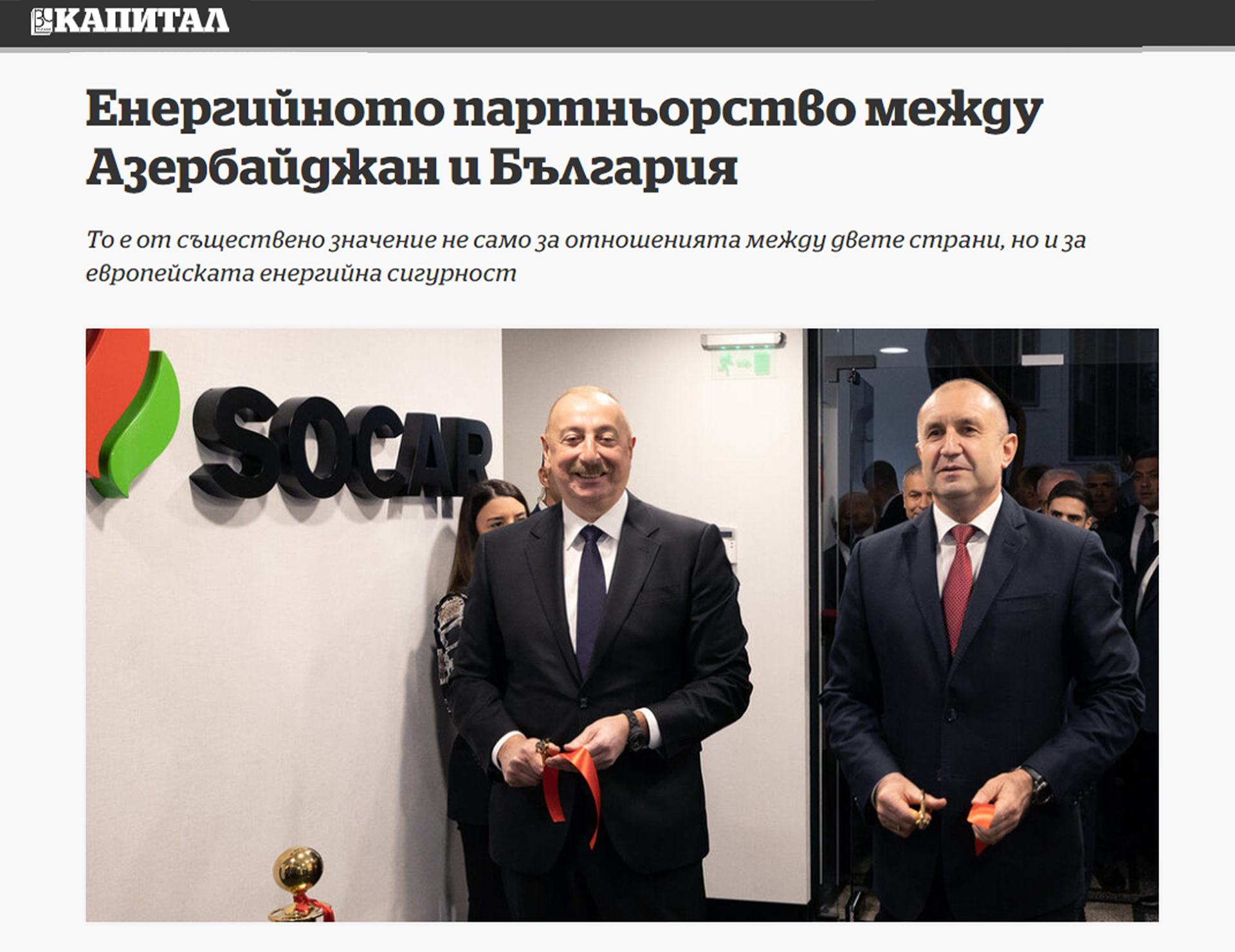
The bilateral relations between Azerbaijan and Bulgaria were established in June 1992, following Sofia`s recognition of Azerbaijan`s independence earlier in January. The Bulgarian embassy in Azerbaijan has been operating since December 1999, the embassy of Azerbaijan to Sofia since April 2004.
The Azerbaijani-Bulgarian ties have grown over the years and boosted by mutual visits by the heads of state and government. During his presidency the incumbent leader of Azerbaijan Ilham Aliyev paid a series of official and working visits to Bulgaria: September 2005, November 2009, March 2015. The latter was especially important as it produced not only discussions on energy projects and mutual investments, but the Joint Declaration on strategic partnership between the Republic of Azerbaijan and the Republic of Bulgaria. In fall 2022, Aliyev was in Sofia to attend the inauguration of Greece-Bulgaria Gas Interconnector.
Former Bulgarian presidents Petar Stoyanov, Georgi Parvanov and Rosen Plevneliev visited Azerbaijan a total of 11 times. A visit by Plevneliev in September 2014 brought him to the groundbreaking ceremony of the Southern Gas Corridor (SGC). The current president Rumen Radev has most recently visited Baku in March this year.
Azerbaijan and Bulgaria have been undertaking successful cooperation through the multilateral institutions as well. Beyond the UN and its different organs, both countries are members of the Black Sea Economic Cooperation Organisation, the framework which has helped to boost Azerbaijan’s ties with the countries of South-Eastern Europe, including Bulgaria. Sofia has been also actively promoting the intensification of Baku’s partnership with NATO and supporting Azerbaijani initiatives.
However, energy partnership has been the cornerstone in the relations between Azerbaijan and Bulgaria. Its profound foundation was laid by the South Gas Corridor Project, of which Bulgaria was named the fundamental part in the Joint Statement of the Advisory Council signed by President Aliyev and Federica Mogherini, then-High Representative of the EU for Foreign relations and security.
This cooperation is of special significance not only for Sofia’s domestic demand but also for wider European energy security, which has been imperiled by the war in Ukraine. Bulgaria, who has been under immense pressure from Russia for decades, started strategic energy cooperation with Azerbaijan to reduce its dependence on Moscow, and the construction of the Interconnector Greece-Bulgaria (IGB) was a crucial step in this direction. The IGB, which delivers Azerbaijani gas to Bulgaria, began operation on October 1, 2022, in a historic ceremony in Bulgaria attended by high-profile dignitaries, including President Ilham Aliyev, Ursula von der Leyen. It has a total capacity to transport 3 bcm annually, which could supply most of Bulgaria’s winter energy consumption. Half of this capacity is scheduled to be transported under long-term contracts for as long as 25 years. The 93-mile-long pipeline, which extends from Komotini, Greece, and Stara Zagora, Bulgaria, has the potential to increase capacity to 5 bcm yearly after the construction of a compressor station in Komotini, which will be complete by 2024, and the commissioning of a new liquefied natural gas terminal (LNG) near Alexandroupolis. Since December, the capacity of the Interconnector Greece-Bulgaria has been almost completely filled, reaching over 94% just months after the start of commercial operation. Overall, 4.875 million megawatt-hours (MWh) were transported through the Greece-Bulgaria gas pipeline for the period 1 October to 31 December and, by the end of 2022, there were 11 registered users of the interconnector. In total. Azerbaijani gas now covers 27% of Bulgaria’s needs.
This interconnector, which European Commission President Ursula von der Leyen called a “game-changer”, will allow Bulgaria to significantly reduce its dependence on Russia in the short term. The pipeline is part of a greater effort to diversify Europe’s energy resources amid European sanctions against Russian oil and gas producers. Bulgarian President Rumen Radev stressed the importance of the new gas link not only for Bulgaria, but for the continent; “It decisively changes the energy map of Europe,” he said. Von der Layen’s presence was a testament to the importance of the pipeline to all of Europe. At the same time, by aligning the European interests with those of Azerbaijan, it will definitely improve Baku’s foreign policy sustainability. At their meeting before the inauguration event, both leaders emphasized that the IGB project confirms the value of the two countries’ strategic partnership and will bring it to the new level.
Apart from its strategic, practical uses, the Commissioner for Energy, Kadri Simson, said that the “new route will help to strengthen security of supply to the region, including the Western Balkans, Ukraine, and Moldova.” The IGB could allow the transfer of hydrogen when mixed with natural gas in the future. Given Azerbaijan’s involvement into the Green Corridor project together with Romania and Serbia, this may be yet another dimension of the Baku-Sofia cooperation in future.
Another crucial sector for Azerbaijan and Bulgaria consists of connectivity projects. Since 1998 both have been part of the TRACECA (Transport Corridor Europe-Caucasus-Asia) project which pursues the goal of developing efficient connectivity modalities between Europe with China, the idea that has recently gained in relevance. The modern Baku International Sea Trade Port is now making a great contribution to expansion of transit opportunities in the Caspian Sea region. In this regard, the Baku International Sea Trade Port and Bulgarian Ports Infrastructure Company are cooperating on boosting cargo transportation in both directions. The both countries share the vision of the ‘Cooperation Between China, Central & Eastern Europe‘ forum which had been somewhat inactive for some time but is now attracting new attention. Bulgaria is a member of this forum, and with the demise of the Russian freight trade routes will see the Black Sea-Caspian Sea routes as the alternative.
Both sides have also been attaching to the level of cultural ties. Multiple cities in Azerbaijan and Bulgaria are paired as sister-cities: Shaki - Gabrovo (humor capitals in each country), Nakhchivan - Veliko Tarnovo, Sumgait - Burgas, Ganja - Plovdiv. With the support of the Heydar Aliyev Foundation, the Trapezitsa architectural museum-reserve, located in the administrative center of Veliko Tarnovo in Bulgaria, was restored in 2016. The Foundation also provided financial assistance for the reconstruction of the 158-meter Western Wall, the construction of the 880-meter tourist alley and reconstruction of 3 medieval churches in Bulgaria.
That Sofia has been consistently taking a fair stance on the Karabakh conflict, unambiguously supporting the territorial integrity of Azerbaijan and efforts for establishing peace is also appreciated in Azerbaijan. As Baku is committed to internationalize its sovereignty over and revive the liberated lands, it welcomes foreign guests: one such delegation headed by the chairperson of the Commission for Protection against Discrimination of Bulgaria Ana Dzhumaliyeva visited the city of Agdam, a ghost town in Karabakh, in fall 2021, during which she witnessed the scale of destruction by the occupying forces in 1994-2020.
As seen, Azerbaijan and Bulgaria have long been enjoying near-excellent relations, the nucleus of which is the energy partnership: this partnership is of great significance not only for the bilateral ties, but also the European energy security architecture. While working hard in this direction, both countries also attach importance to non-energy sectors, connectivity projects and cultural relations.
This article is originally published in here.



